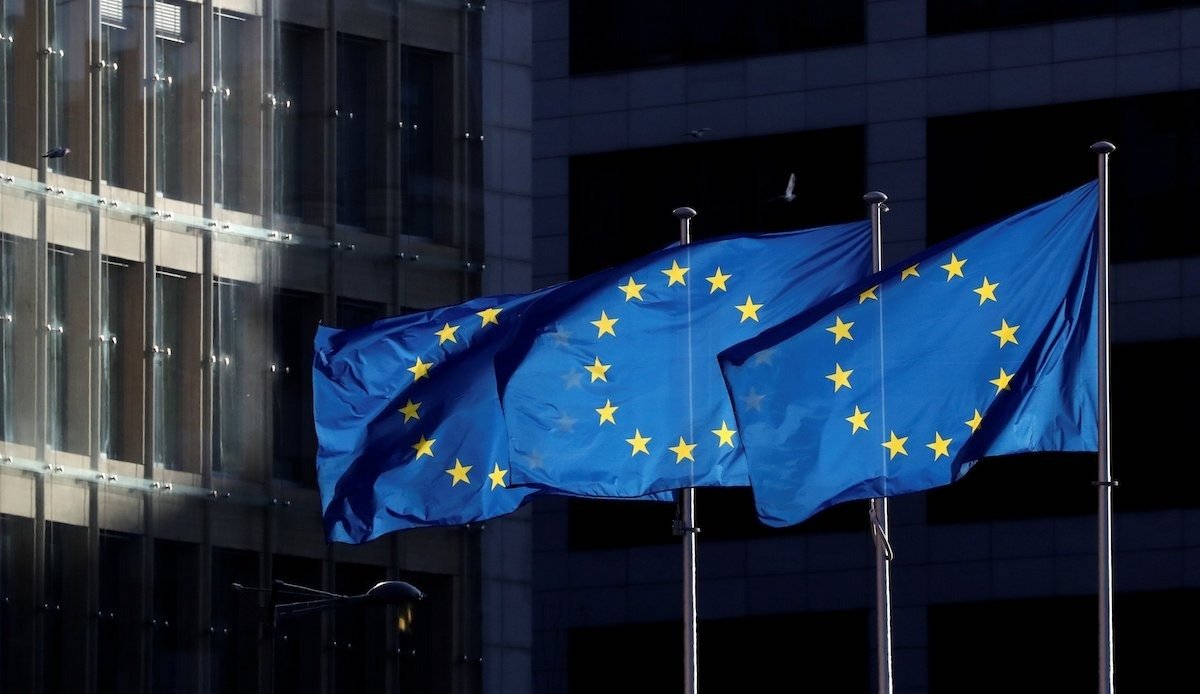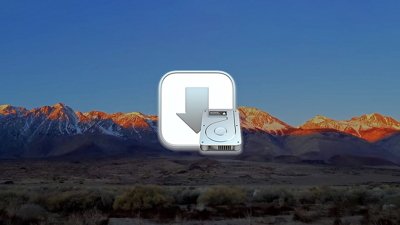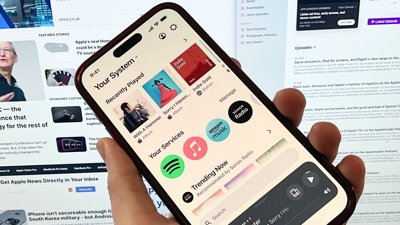The European Union has spoken, and will enforce the rules of the Digital Markets Act on Apple again not because it holds a dominant position in the iPad today, but because it may soon.
In a press release issued early on Monday morning, The EU says that there are four criteria that will eventually make Apple a gatekeeper in tablets.
- Apple's business user numbers exceed the quantitative threshold by 11 times — but this is not a criteria in itself
- End-user numbers are close to the threshold and are predicted to rise in the near future
- End users are locked-in to iPadOS
- Business users are locked-in to iPadOS because of its large and commercially attractive user base
"Business users" as a class is not defined in the mandates of the Digital Markets Act (DMA) as a specific dominance criteria. The only criteria that matters quantitatively to the regulation is the end-user figure.
It's not clear why the EU added it as a criteria for the purpose of this measurement. The EU's lead anti-competition regulator Margrethe Vestager admits that Apple doesn't meet the criteria for enforcement, but will soon.
So, they decided to regulate anyway. Apple has six months to bring iPadOS to compliance under the DMA.
"Today, we have brought Apple's iPadOS within the scope of the DMA obligations," said Vestager. "Our market investigation showed that despite not meeting the thresholds, iPadOS constitutes an important gateway on which many companies rely to reach their customers."
Beyond Monday's announcement about the iPad, the EU has several investigations underway. On March 25, the Commission opened non-compliance investigations into Alphabet's rules on steering in Google Play and self-preferencing on Google Search, Apple's rules on steering in the App Store and the choice screen for Safari, and Meta's "pay or consent model."
Furthermore, it looks like Booking, ByteDance, and X may fall under the DMA thresholds. An investigation on the trio will be completed by mid-May.
Apple's DMA compliance, and complaints
On January 25, Apple revealed its changes that came into effect in March to comply with DMA. For all users, Apple will notarize all iOS apps, regardless of where they're sold.
Developers will be able to offer their own app marketplace in the EU, but they must be approved by Apple and use a human review process. Those stores are also responsible for their own refunds, but they can use alternative third-party payment processors.
At the same time, Apple is changing its fee structure, reducing the standard commission of 30% down to 17%. For apps that stay within the App Store, there will also be a 3% fee for using Apple's payment processing services.
Controversially, all apps not sold via the App Store will be subject to a Core Technology Fee of 0.50 Euro per first-install of an app annually. This is waived for the first million installs, and developers can opt to remain in the App Store and continue to pay nothing for free apps.
The EU is empowered to impose one-off fines of up to 10% of a company's worldwide turnover — and 20% for repeated infringements. The European Commission can also force companies to sell off their businesses, or part of them.
Apple's proposals have, naturally, attracted complaints. Spotify CEO Daniel Ek called the fees "extortion, plain and simple." Spotify does not pay Apple a large percentage of its revenue, as it removed the ability to pay with a subscription through the App Store years ago.
Epic Games CEO Tim Sweeney referred to it as "hot garbage" and a "devious new instance of malicious compliance."
 Mike Wuerthele
Mike Wuerthele




-m.jpg)


-m.jpg)






 Christine McKee
Christine McKee
 Chip Loder
Chip Loder
 Oliver Haslam
Oliver Haslam
 Malcolm Owen
Malcolm Owen
 William Gallagher
William Gallagher
 Amber Neely
Amber Neely

 Andrew Orr
Andrew Orr







15 Comments
Benito would be proud.
According to the Verge, iPadOS App Store only has 23 million active monthly users in the EU. DMA requires 45 million active monthly users. Not sure how the EU can then claim the user part of the equation is going to meet the DMA requirements in the near future.
https://www.theverge.com/2023/4/28/23702159/apple-app-store-user-numbers-europe-eu-dsa-ios
If Apple stopped selling iPads in EU, people would always find a way to get them. Travel in the UN is that short. EU will encroach on Apple until they’re on Apple’s Board of Directors. It has to stop! Draw that line in the sand NOW!